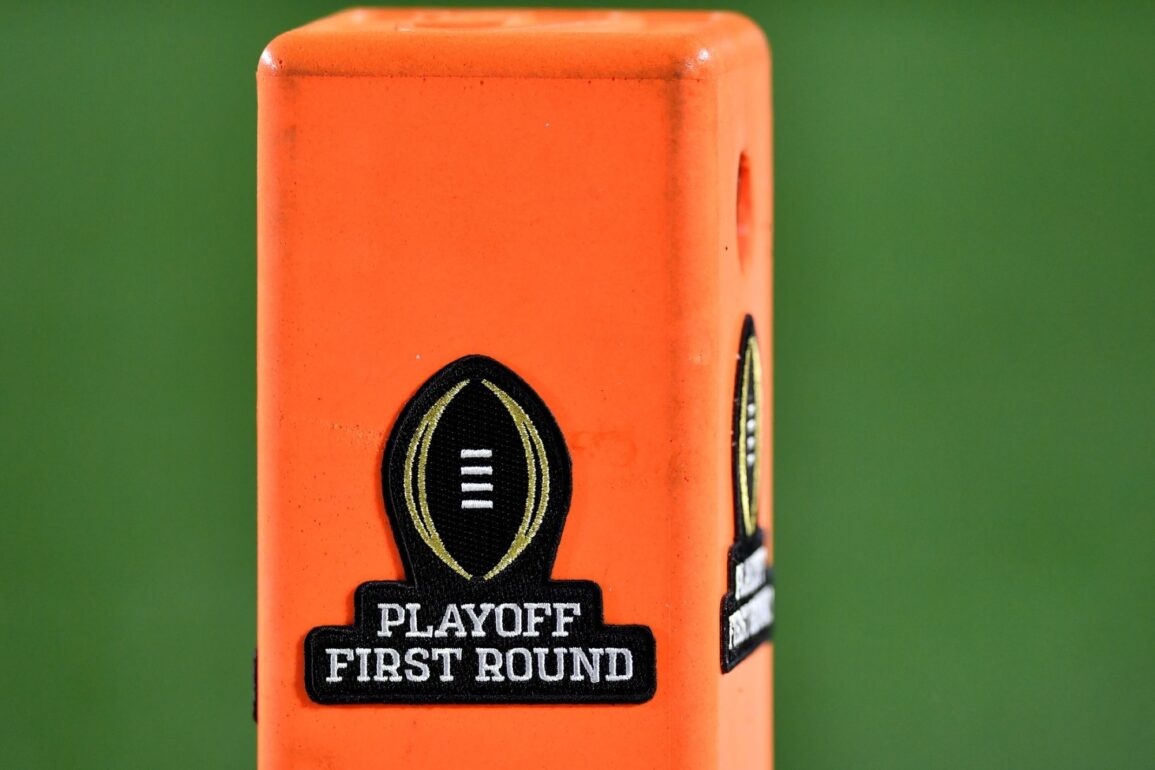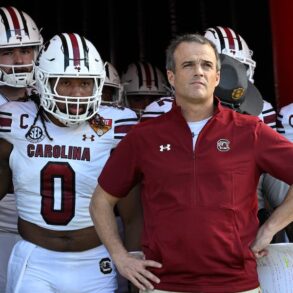
Apparently, the proposed 16-team College Football Playoff format that granted four automatic slots apiece to the Big Ten and SEC was much ado about nothing.
According to a new report by college football insider Brett McMurphy, the conference commissioners tasked with approving a new CFP format for 2026 and beyond have decided to “start over.”
Recently, reports suggested that a format spearheaded by Big Ten commissioner Tony Petitti in which both the Big Ten and SEC would get four bids, the ACC and Big 12 two bids, the Group of 5 one bid, along with three at-large slots, was the format preferred by the “Power-2.”
Shortly after, the ACC and Big 12 endorsed a so-called 5+11 format in which the Big Ten, SEC, ACC, and Big 12 all receive one auto-bid, in addition to one Group of 5 team, while the other 11 spots will be given on an at-large basis. Later, SEC coaches publicly supported this format.
But now, it seems like neither format has the popular support to move forward.
Conference commissioners have decided to “start over” on determining 2026 College Football Playoff format, sources said. Big Ten & SEC initially wanted 4 AQs each w/2 each to ACC & Big 12. However, ACC & Big 12 pushed back. SEC coaches later publicly did not support 4 AQ model…
— Brett McMurphy (@Brett_McMurphy) June 18, 2025
Per McMurphy, “The SEC wants more value given to strength-of-schedule metrics, something CFP executives discussed in today’s meetings. However, a source cautioned, even if strength of schedule is supposed to carry more weight [with the] committee, it still boils down to their opinions on who they think are the best teams.”
Any type of expansion and format reshuffling would have massive implications on the regular season and conference championship schedules. Under certain formats where multiple auto-bids are given to each conference, conference championship weekend may turn into a play-in weekend of sorts.
As has become the norm in college football, there are now more questions than answers.
At one point this summer, an expansion to a 16-team playoff seemed inevitable. But without a format that has separated itself as a frontrunner, and a looming December 1 deadline, it looks like that may be in jeopardy, at least for the 2026 season.
But knowing the potential media revenue on the line for extra games, it’s difficult to imagine college football’s power brokers hold out for too much longer than that.
This post was originally published on this site be sure to check out more of their content.







